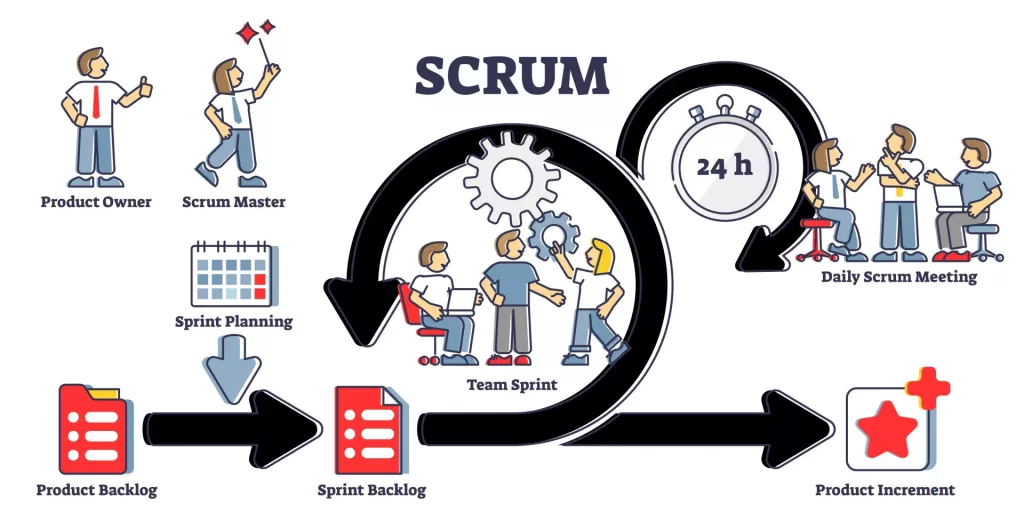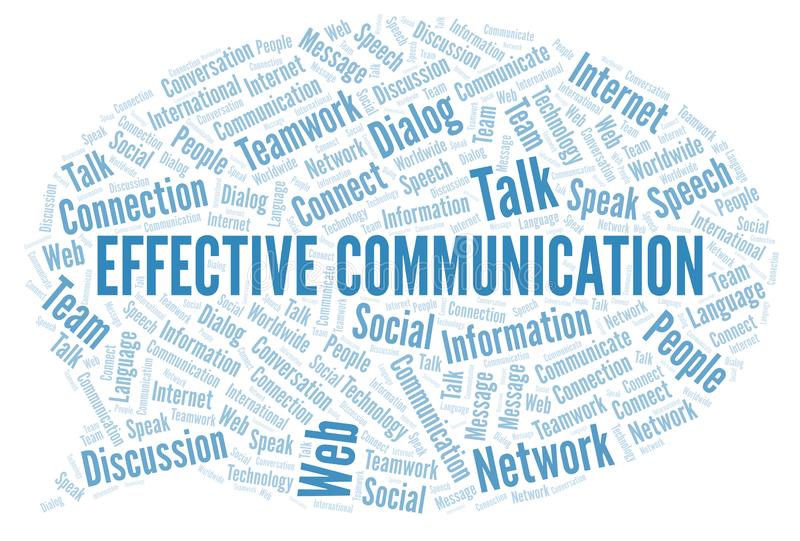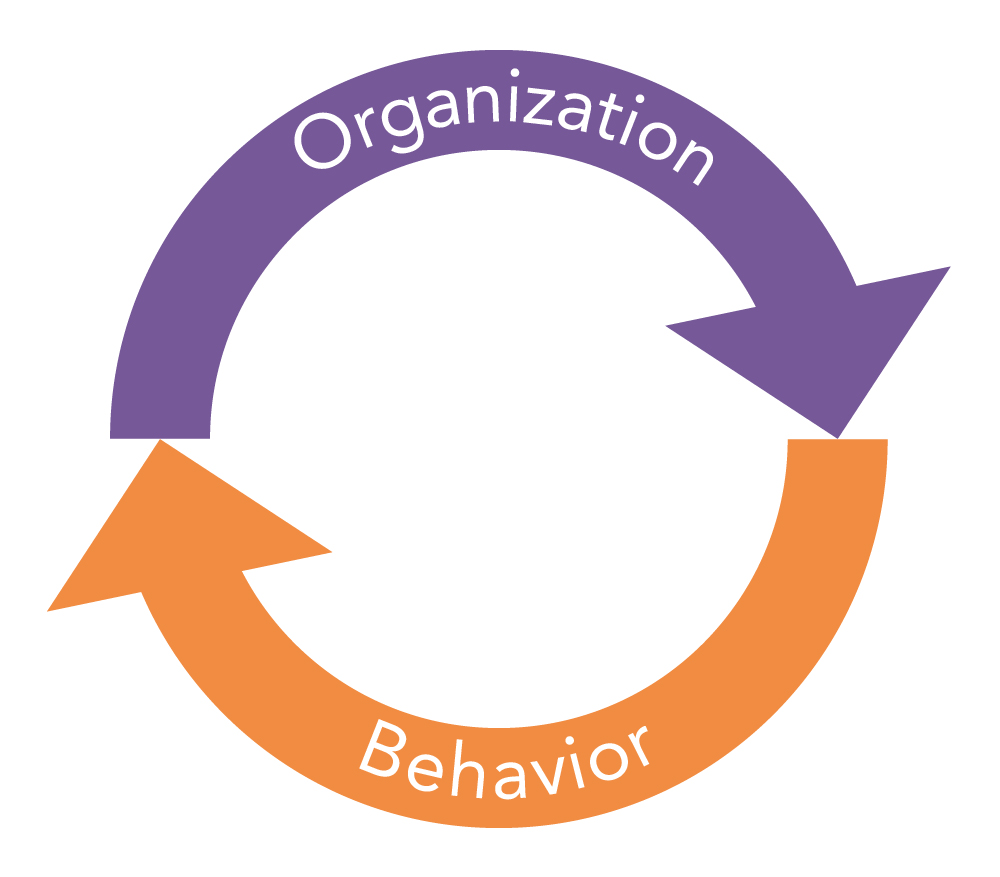Emotional intelligence (EI) is a critical factor in building a successful career or business. It refers to the ability to understand and manage emotions effectively, both in oneself and in others. Here’s how EI contributes to professional success:
- Self-Awareness: EI begins with self-awareness, the ability to recognize and understand your own emotions, strengths, weaknesses, and triggers. Self-aware individuals can accurately assess their skills and areas for improvement, leading to better decision-making and goal-setting in their careers or businesses.
- Self-Regulation: The next step is self-regulation, which involves managing and controlling your emotions, impulses, and reactions. People with strong self-regulation skills can stay calm under pressure, adapt to changing situations, and handle setbacks or failures constructively, all of which are crucial in the professional world.
- Empathy: EI includes empathy, the capacity to understand and share the feelings of others. Empathetic individuals excel in interpersonal relationships, communication, and teamwork. They can build rapport easily, resolve conflicts diplomatically, and lead teams effectively by considering the emotions and perspectives of others.
- Social Skills: EI encompasses a range of social skills such as effective communication, active listening, persuasion, and collaboration. These skills are essential for networking, building professional relationships, negotiating deals, and leading teams or organizations successfully.
- Leadership: Emotional intelligence is particularly valuable for leaders and entrepreneurs. Leaders with high EI can inspire and motivate their teams, foster a positive work environment, and make strategic decisions based on empathy, intuition, and understanding of human dynamics.
- Resilience: EI contributes to resilience, the ability to bounce back from challenges, setbacks, or failures. Resilient professionals and business owners can adapt to changes, learn from mistakes, and maintain a positive attitude even in difficult situations, which is crucial for long-term success.
In summary, developing emotional intelligence is a strategic investment for anyone aiming to build a successful career or business. By enhancing self-awareness, self-regulation, empathy, social skills, leadership abilities, and resilience, individuals can navigate the complexities of the professional world with confidence, build strong relationships, and achieve their professional goals effectively.





